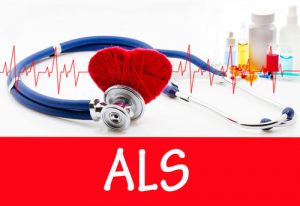
The U.S. Senate on Dec. 16 passed bipartisan, bicameral legislation supported by U.S. Sen. Susan Collins (R-ME) to improve access to treatments for patients with neurodegenerative diseases like amyotrophic lateral sclerosis (ALS). The bill now heads to the president’s desk to be signed into law.
The Senate approved the Accelerating Access to Critical Therapies (ACT) for ALS Act, H.R. 3537, which was introduced on May 25 by U.S. Reps. Mike Quigley (D-IL) and Jeff Fortenberry (R-NE) and 98 other original cosponsors. U.S. Sens. Christopher Coons (D-DE) and Lisa Murkowski (R-AK) on the same day introduced the identical S. 1813 in their chamber, which Sen. Collins signed on to as a cosponsor in September.
The bill authorizes $100 million annually to fund grant programs for research into fast-progressing, rare neurodegenerative and terminal diseases, and to promote early access to investigational therapies for patients, according to a bill summary provided by Sen. Collins’ office.
“This legislation will create a new grant program to research and improve access to investigational ALS treatments for patients not participating in clinical trials,” said Sen. Collins in a joint statement released with fellow Senate ALS Caucus member U.S. Sen. Angus King (I-ME). “We look forward to this bill being signed into law, which will bring promising new treatments to patients as quickly as possible.”
H.R. 3537 received approval from the U.S. House of Representatives on Dec. 8.



